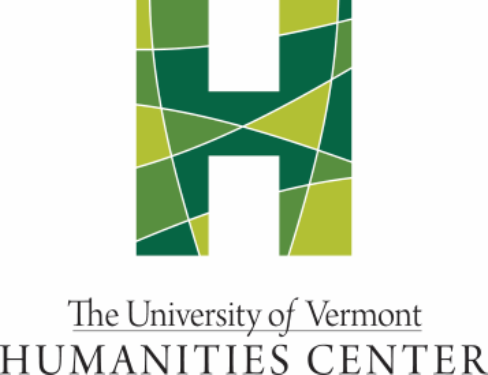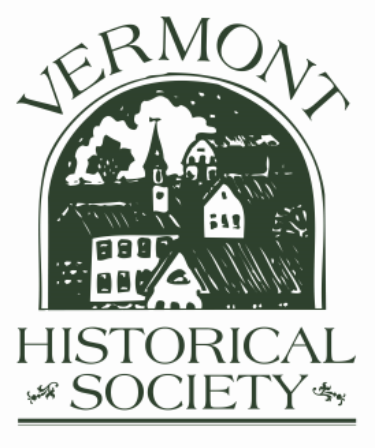We are seeking to engage in a community-wide learning project to enrich our shared understanding of who farms in Vermont, and the context in which farmers do their work. The UVM Center for Sustainable Agriculture and the UVM Humanities Center (together with community partners) have been awarded a Creating Humanities Communities grant from the National Endowment for the Humanities (NEH) to allow us to:
- Collect oral histories of farmers from around Vermont with different identities and backgrounds.
- Collect historical archival information about farming as it’s been experienced over the years.
- Use the collected stories as the foundation for comic books and digital storytelling videos.
- Build a middle school curriculum shaped by a diversity of farming experiences in Vermont.
- Offer community events around readings and screenings to engage our broader community.
We enthusiastically invite you to join us in this project that celebrates the diverse people who grow food and manage Vermont’s land: the Who Farms? project It’s a partnership between the UVM Center for Sustainable Agriculture, the UVM Humanities Center, the Vermont Folklife Center, Vermont’s Farm to School Network, and the Vermont Historical Society. The NEH challenge is an exciting start, but to qualify for the grant we need to raise $90,000 over the next three years to support the work. If you are interested in making a gift, or for more information about how to get involved, contact: Kurt Reichelt, UVM Foundation, 802-656-1396, kurt.reichelt@uvm.edu.












